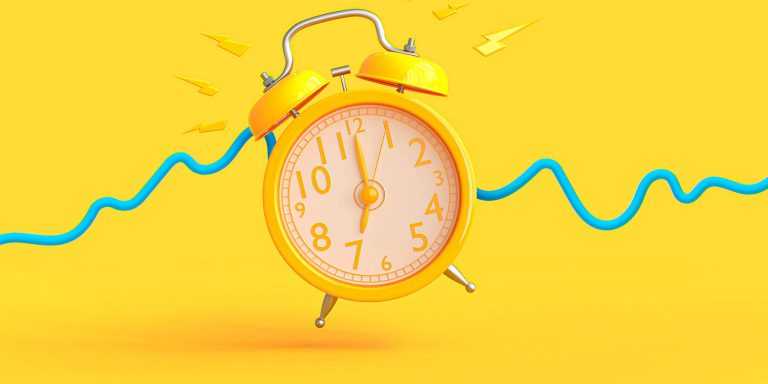While Forex may not seem an obvious choice for short-term trading, there are traders who may exercise intraday strategies on this instrument. The approach depends entirely on the type of trader you consider yourself to be.
Long-term trading is generally associated with better risk management, since the position may be held for longer and periods of extreme volatility may not influence it as much in the long run. However, for some traders long-term investments are less appealing since generally they require higher investments and the wait for results may take weeks or even months.
Day trading on Forex may be an opportunity, although more risky, to build up small results and generate outcomes that are comparable to those from long-term trading. If you haven’t heard of day trading before, check our extensive article on day trading here.
In this article, we will cover the 3 main steps of day trading Forex currency pairs.
1. Decide on a day trading strategy
Deciding on a strategy means creating a set of rules that you will follow closely while trading. The list may include the trading conditions, investment amount, leverage, analysis instruments such as indicators and graphical tools, news sources for fundamental analysis — basically, all of the details a trader should think of before actually opening any deals. Forex trading differs from, for instance, stocks as it is likely to provide a trader with higher volatility on the daily chart.
What approaches work for day trading on Forex? Of course, there is not a specific solution that will lead you to 100% results. No matter what it is: scalping, reversal or breakout strategy, it is important to analyze every trading strategy to find the risk-reward and win-loss ratios. To do that, it might be a good idea to keep a journal of all trades and compare the results, drawing conclusions and switching up the method if necessary.
2. Pick your assets carefully
Some traders pick their assets and tailor a trading approach to them, others stick to the trading method they prefer and search for assets that work best for them. No matter which order you choose, choosing the currency pairs that you trade is half the battle. But how to pick a Forex pair for trading?
The main factors to consider may be:
- The time of highest activity. Each currency corresponds with a certain trading market — Asian, European, American (read more about the best time for trading here). The time when the news affecting the currency pair’s rate are published is the time when the pair is most volatile. Knowing the trading sessions is extremely important, especially if you can only dedicate a part of your day to trading.
- Volatility of the asset. Higher volatility means more possibilities to take advantage of the asset, but also higher risk. Assessing the trading conditions of the asset may allow you to adjust your trading tools accordingly.
- Trading fees and spreads. Checking the cost of the trade and spreads is another factor in deciding on the currency pairs you will be trading. An advantage of day trading is that overnight fees are not applied, however, spreads will still influence the outcome of the deals.
3. Risk management
The third pillar on which any day trading approach stands is money management and hedging. It is important to realize the risks that are associated with short-term trading and manage mistakes that could possibly be avoided. These mistakes may include for example:
- Maintaining a losing Forex position in hopes for a reversal. In many cases traders who open a deal with a certain prediction, aren’t ready to close it with the minimal loss and keep it open against better judgement. Unfortunately, this often leads to even bigger losses, which are hard or impossible to make up for quickly. This is why setting stop loss and take profit levels for each deal is crucial in order to better manage the overall capital.
- Risking more than 1-3% of the overall capital. Large investments may have their reasoning in long-term trading. However, short deals carry more risk by default, so investing big amounts (or even going all-in as many traders do) is unreasonable at the least.
- Ignoring fundamental and technical analysis. In the heat of the moment traders often ditch their initial trading plan and start guessing the results instead of analysing the market, which inevitably leads to losses.
- Opening Forex deals in advance for economic news. It is true that moments of rapid volatility matter a lot in day trading, but pre-positioning before the news is released might be dangerous, since the outcome might be opposite to the one expected. Creating deferred orders may be considered as an option where risk could be better managed, but traders have to think over their steps in advance.
The bottom line
Day trading on Forex may be an option for experienced traders who can evaluate their trading approach, control their emotions and apply necessary risk management techniques appropriately. As any other methods that may lead to higher outcomes, day trading has to be exercised with caution and ideally only after extensive practice on the Practice account.

